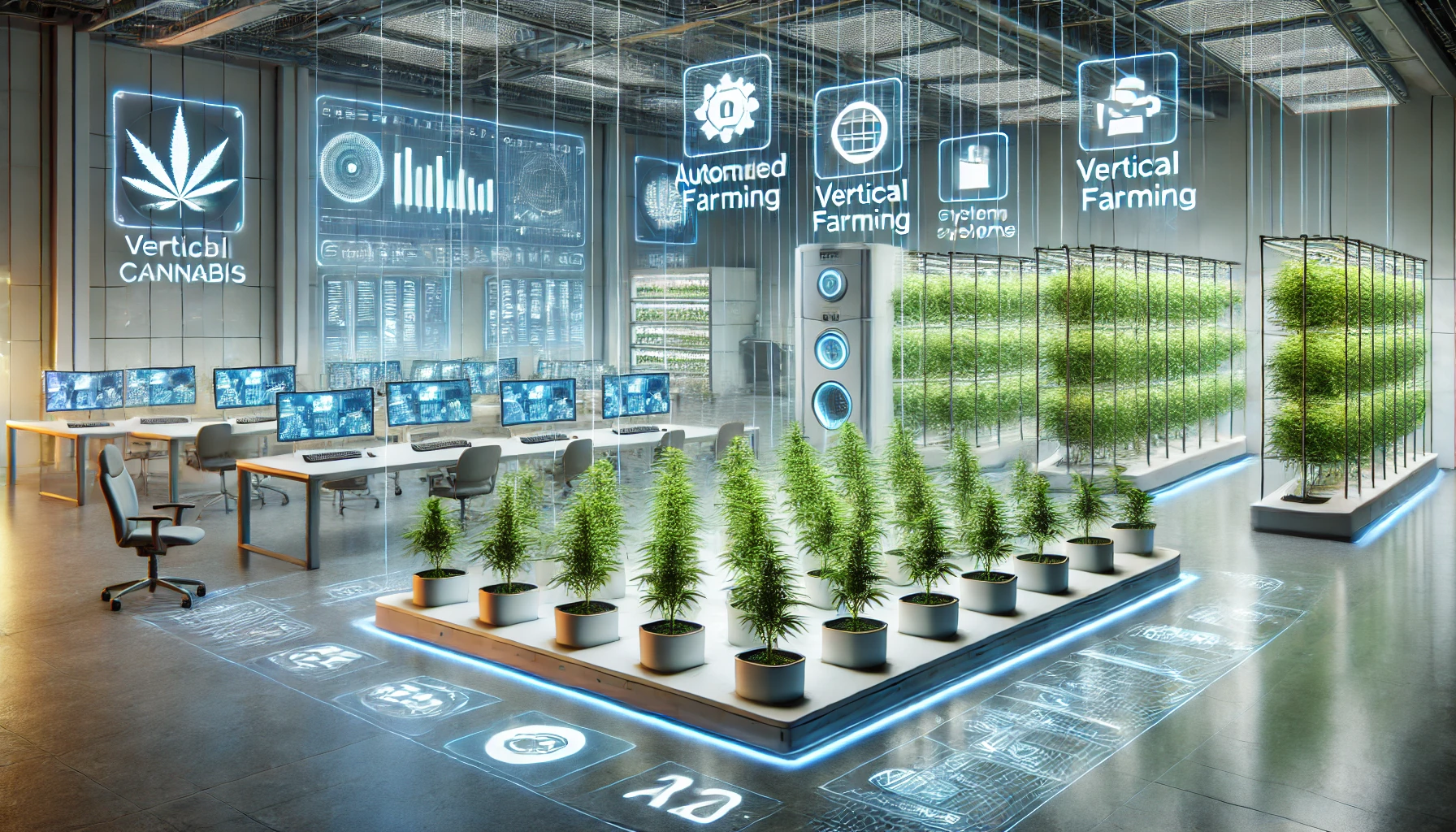The cannabis industry is experiencing a technological revolution that is transforming cultivation, processing, and delivery methods. These innovations are enhancing efficiency, safety, and product quality, driving growth in ancillary sectors such as delivery services and infused products. This blog delves into the key technological advancements shaping the cannabis industry in 2024.
Automation and AI in Cultivation
Automation and AI are playing pivotal roles in modernizing cannabis cultivation and extraction processes. Automated systems are increasingly used in solvent extraction, offering precision in solvent handling and optimizing the extraction process. These systems utilize advanced robotics and computerized controls to enhance efficiency and reproducibility (Cannabis Science and Technology). AI-driven solutions monitor environmental conditions, nutrient levels, and plant health in real-time, leading to optimized yields and increased efficiency (Substance Cannabis Market).
Sophisticated Packaging Solutions
Sustainable packaging is becoming a norm in the cannabis industry as companies strive to reduce their environmental impact. Innovations in packaging focus on biodegradable and recyclable materials, aiming to reduce plastic waste and improve the lifecycle impact of products (Nuggets Cannabis Company). Additionally, advanced labeling technologies ensure compliance with regulatory requirements and improve consumer safety by providing clear and accurate product information (Cannabis Industry Assoc).
Innovative Cultivation Methods
- Vertical Farming: Vertical farming utilizes multi-level racking systems and specialized HVAC systems to maximize space and energy efficiency. This method significantly increases crop yield and reduces energy costs (Prospiant).
- Crop Steering: Crop steering manipulates the plant’s hormonal responses through controlled environmental adjustments, optimizing flower production and yield. This technique involves using sensors and tracking tools to analyze plant performance and make data-driven adjustments (Prospiant).
- Genetic Engineering: Advances in genetic engineering allow cultivators to select desirable traits such as pest resistance and specific cannabinoid profiles. This technology enhances the quality and resilience of cannabis crops, enabling faster development of strains with targeted characteristics (Prospiant).
Nanotechnology in Product Development
Nanoemulsification technology has revolutionized the creation of cannabis-infused edibles and beverages by improving the bioavailability of cannabinoids. This ensures faster onset times and more consistent effects, catering to the growing demand for functional and discreet consumption options (Workforce Manager) (Substance Cannabis Market).
Blockchain and Cryptocurrency
Blockchain technology offers transparency and traceability from seed to sale, crucial for regulatory compliance and consumer trust. This technology records every step of the process on a blockchain, creating an immutable record of product history (Workforce Manager). Additionally, cryptocurrency facilitates secure financial transactions in an industry where traditional banking services are limited, reducing transaction fees and enhancing security (Workforce Manager).
Emerging Delivery Technologies
The integration of e-commerce platforms and mobile apps enhances the efficiency and security of ordering processes. Moreover, drones and autonomous vehicles are being explored for last-mile delivery solutions, addressing logistical challenges and improving delivery times (Workforce Manager).
Sustainability Initiatives
Sustainability is a central theme in the cannabis industry. Companies are adopting eco-friendly practices such as using renewable energy sources, organic farming, and water conservation techniques. These practices not only minimize the environmental impact of cannabis cultivation but also appeal to eco-conscious consumers (Nuggets Cannabis Company) (Substance Cannabis Market). Furthermore, the industry is focusing on reducing carbon emissions in transportation and ensuring fair labor practices throughout the supply chain (Nuggets Cannabis Company).
Conclusion
Technological advancements are driving the cannabis industry towards greater efficiency, sustainability, and innovation. From automation and AI in cultivation to sophisticated packaging and nanotechnology in product development, these innovations are shaping the future of cannabis production. As the industry continues to evolve, staying informed about these advancements will be crucial for businesses aiming to thrive in this dynamic market.

